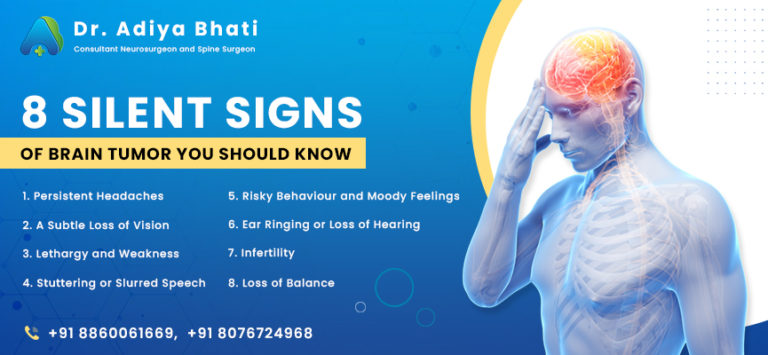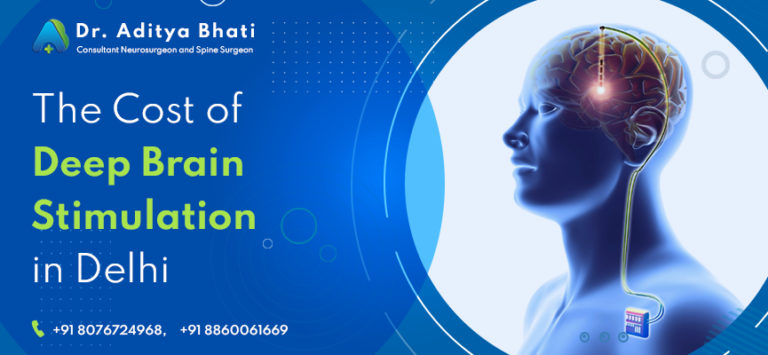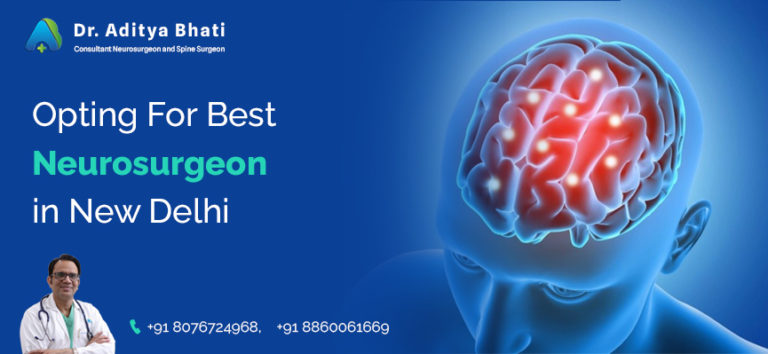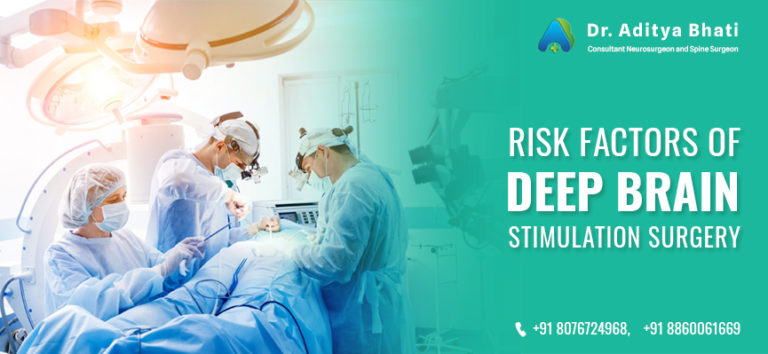Advancement In Brain and Spine Surgery
Neurosurgery could be difficult for most patients and even send chills down the spine. Most of the patients became insecure when they heard about having similar surgery. This happens because the spine and brain are the most vital organs in the body. And the disease in such a region could be a fearful thing and need specialized knowledge.
It is important to look for the best neurosurgeon with expertise and knowledge based on years of experience in this field. Although in recent decades, there are several advantages of brain and spine surgery being focused. They are highly advanced and ensure to have more precision-oriented treatment. Modern new surgery would deliver a better quality of life for every patient.
We will discuss various aspects of brain surgery and various advancements in the field. This enables early diagnosis and a more effective treatment plan with the follow-up of faster recovery.
Possibility of Curing of Brain Disease:
Majority of the brain disease can be cured using medication or through surgery. With the advancements in brain surgeries, it is now possible to cure conditions like brain tumors. Advanced brain surgery can also cure several other conditions, including a skull fracture, brain aneurysm, fluid build-up in the brain, epilepsy, blood clots, nerve damage, and abscesses.
Above mentioned conditions could be easily treated by performing brain surgery under the supervision of an expert neurosurgeon. However, a few degenerative nerve diseases are almost impossible to cure through brain and spine surgery. Those situations can only be resorted to using supportive treatment with medication or small-scale surgeries.
Incurable Brain Diseases:
Different neurodegenerative diseases are caused due to damaged tissues or the nerves in the brain. Most importantly, there are some incurable diseases, including myopathy, demyelinating disease, some neuropathies, and various brain disorders. The brain disorder includes Alzheimer’s disease, Huntington’s disease, and different forms of dementia.
Basic treatment for such neurodegenerative diseases includes reducing mood changes and anxiety using medication. In some cases, physical therapies are also suggested to maintain the quality of life.
Types of Brain and Spine Surgeries:
There are different kinds of brain and spine surgeries mentioned below. These techniques are completed under the supervision of an expert neurosurgeon.
-
Biopsy:
Biopsies diagnose brain diseases by placing a small incision in the skull. The procedure needs to extract a part of brain tissue or tumors.
-
Deep Brain Stimulation (DBS):
Deep brain stimulation is done for identifying and treating different brain disorders. It is mostly focused on Parkinson’s disease. During this surgery, the electrode is placed in the brain’s deep part while transmitting electrical signals.
-
Craniotomy:
A craniotomy is done by removing a portion of the skull, allowing doctors to remove and treat irregular tissues, brain tumors, blood clots, drain fluids from an infection, repair brain aneurysms, skull fractures, and strokes and treat accidental injuries, various other brain disorders. After completing the operation, the particular fragment of the skull is secured back into place using wires and sutures.
-
Minimally Invasive Neuroendoscopy:
The neurosurgeon creates a small hole for extracting brain tissues through the endoscope during such surgery. The entire process is minimally invasive and mostly targeted for treating brain tumors.
-
Thrombectomy and Cerebral Aneurysm Repair:
This particular surgery includes contrasting dye usage to locate the problematic blood vessel. This procedure does not require any opening up of the skull. An expert neurosurgeon will use surgical instruments through large blood vessels to access brain vessels. It is mostly used to treat cerebral aneurysms, blood clots, or any ruptured aneurysms.
Major Advancements in Brain and Spine Surgery:
Some major advancements have been found throughout the years in the medical field. Brain and spine surgery has evolved so does the specialization and skill of neurosurgeons. Due to advanced technologies and innovation, it is one of the most promising fields to be having curable options for different diseases. We have listed a few major advancements that can now be much easier to treat different medical conditions.
-
Stereotactic Radiosurgery:
Patients suffering from pituitary tumors or meningioma need to go through traditional craniectomy. The procedure needs to be followed through radiation which could have severe side effects. The side effect includes tissue damage, hair loss, and skin changes. Due to advancement, we can use stereotactic radiosurgery in these conditions. A neurosurgeon can focus on targeted radiation directly to the tumors. It helps in reducing the damaging side effects which come after every surgery.
-
Endoscopic Brain Surgery:
In the modern medical world, minimally invasive techniques are becoming more prevalent. These techniques are mostly used to remove brain tumors that do not require the opening of the skull. The procedure can be operated through the nasal cavity, a major advancement. Most importantly, surgical visualization can also be easily done to diagnose nasal cavity and brain.
The procedure can include using sleek instruments that require small or few incisions. Most of the surgeries are now being operated through the nasal cavity. Conditions like pituitary adenomas and meningiomas are done through the nasal cavity. It helps speed up regeneration by decreasing the chance of damaging healthy tissues.
-
Laser Interstitial Thermal Therapy:
This particular technique includes laser technology which generates heat for the surgery. The generated heat helps kill the tumor while keeping the healthy tissue unharmed. In the current medical world, real-time MRI visualization is used for tracking patient brains for any collateral damage. This procedure is minimally invasive and highly helpful for patients. It decreases the chance of developed lesions, which can be received after any traditional radiation surgery.
-
Emphasis on Quality of Life:
Previously the success percentage of any brain and spine surgery is entirely related to quantitative factors. Factors include survival rates, the number of removed tumors, and various other parameters. Although in recent years, due to the advancement, there are more possibilities for ensuring the patient’s quality of life. Mostly because neurosurgeons can provide high-end postoperative care and guidance to ensure a high success rate.
Signs of Neurological Problems:
Neurological issues include any brain disease or disorders affecting the brain. Different symptoms are associated with neurological problems, which confirms the severity levels. These are the signs which are having underlying neurological problems.
- Tremors and seizures
- Memory loss
- Loss of sight
- Lack of coordination
- Back pain
- The sudden or persistent onset of a headache
- Impaired mental ability
- Loss of muscle strength
If you are witnessing the symptoms mentioned above, it is better to consult with a neurosurgeon. They can check on underlying neurological problems and complete the treatment at the earliest.







